Dirty Dozen and Clean fifteen guide for buying produce
How to know what produce to buy organic or not and why?
Have you heard of the clean fifteen and dirty dozen? Every year the environmental working group updates their list of the cleanest produce and the dirtiest produce when it comes to pesticides. The Environmental Working Group (EWG) is a non-profit, non-partisan organization dedicated to protecting human health and the environment. They research what’s in our tap water, the safety of our cosmetics, genetically modified organisms (GMO / GE), and the amounts of pesticides in and on our food, among other things.
Pesticides are used to keep pesky insects and bugs off the crops to allow them to grow better. As you can imagine there is a huge demand for food and many crops are even used to feed animals that go to slaughter to feed us. Pesticides work well but then they are also causing problems for us when we ingest them by negatively affecting our gut bacteria, as well as creating depleted soils that our crops grow in by killing off the good microorganisms that live in the soils to help plants grow and make plants nutritious. The nutrient density of soil and then therefore our food has gone down, making it harder than ever to get enough nutrients we need on a daily basis.
This is why it is more important than ever to load up on a number and variety of plants on a daily basis.
The harmful effects of pesticides are many. As they kill off good microorganisms in the soil, they also kill off our good gut bacteria that live in our guts since they are stored in our colon and contribute to many diseases that occur due to poor gut health including autoimmune diseases, and even dementia and ADD. Have you heard of glyphosate? This is a common ingredient in the well known weed killer round up. There have been recent information coming out linking this to some types of cancers. There have been other pesticides in the past that were used for a time and were eventually pulled from the market due to their link to cancers. Unfortunately when one goes another comes along and not much testing is done. Many pesticides are also endocrine disrupters, and affect the reproductive system and nervous systems.
Not only are they affecting us in a negative way, think about all the other animals in our environment that play vital roles in our eco system. Water run off from crops are affecting eco systems and many fish and other amphibians are dying.
So what do we do? One thing we can do is choose to not use these ingredients around our house and yards. I simply do not use any type of chemical pesticide. We do grow some veggies and spray nothing on them. If I have some weeds I try to make a homemade mixture to kill them or simply pull the out. We do not have an insect service for the house. I don’t like bugs in the house but the alternative to me is not worth it. We can follow the clean fifteen and dirty dozen when it comes to buying produce or simply buy organic all the time. If you don’t have any options to getting organic you can make a mixture of 4 parts water, 1 part white vinegar and soak the produce for 20 minutes. This won’t take it all away but can help
The Dirty Dozen
Buy these organic whenever possible – Updated 2018
Strawberries
Spinach
Nectarines
Apples
Grapes
Peaches
Cherries
Pears
Tomatoes
Celery
Potatoes
Sweet Bell Peppers
+EWG’s Dirty Dozen Plus:Hot Peppers +
The Clean 15
These are ok to buy conventional (not organic) – Updated 2018
Avocados
Sweet Corn*
Pineapples
Cabbage
Onions
Sweet peas frozen
Papayas*
Asparagus
Mangos
Eggplant
Honeydew Melon
Kiwi
Cantaloupe
Cauliflower
Broccoli
* Per the EWG, a small amount of sweet corn, papaya and summer squash sold in the United States is produced from Genetically Engineered (GE) seed stock. Buy organic varieties of these crops if you want to avoid Genetically Engineered produce. I personally buy these organic.
2018 Dirty Dozen Key Findings Summary
More than 98 percent of samples of strawberries, spinach, peaches, nectarines, cherries and apples tested positive for residue of at least one pesticide.
A single sample of strawberries showed 20 different pesticides.
Spinach samples had, on average, twice as much pesticide residue by weight than any other crop.
2018 Clean 15 Key Findings Summary
Avocados and sweet corn were the cleanest: only 1 percent of samples showed any detectable pesticides.
More than 80 percent of pineapples, papayas, asparagus, onions and cabbage had no pesticide residues.
No single fruit sample from the Clean Fifteen tested positive for more than four types of pesticides.
Multiple pesticide residues are extremely rare on Clean Fifteen vegetables. Only 5 percent of Clean Fifteen vegetable samples had two or more pesticides.
I try to follow this guide and buy as much as I can organic, but produce is better than no produce! Also buying produce that is seasonal is a good option as well.
Health and Happiness,
Alison Wensrich


